In today's fast-paced world, ridesharing services like Uber have become an integral part of our daily lives. While these services offer convenience and accessibility, they also introduce legal concerns when accidents occur.
After an Uber accident, you may be wondering: who is liable? The question of liability in Uber accidents involves the driver's status, Uber's insurance policies, and potential third-party involvement.
This guide will help you understand liability in Uber accidents and what steps you should take to protect your rights after an Uber accident with the help of a rideshare accident lawyer.
Schedule Your Free Consultation
Understanding the Basics of Uber Accidents
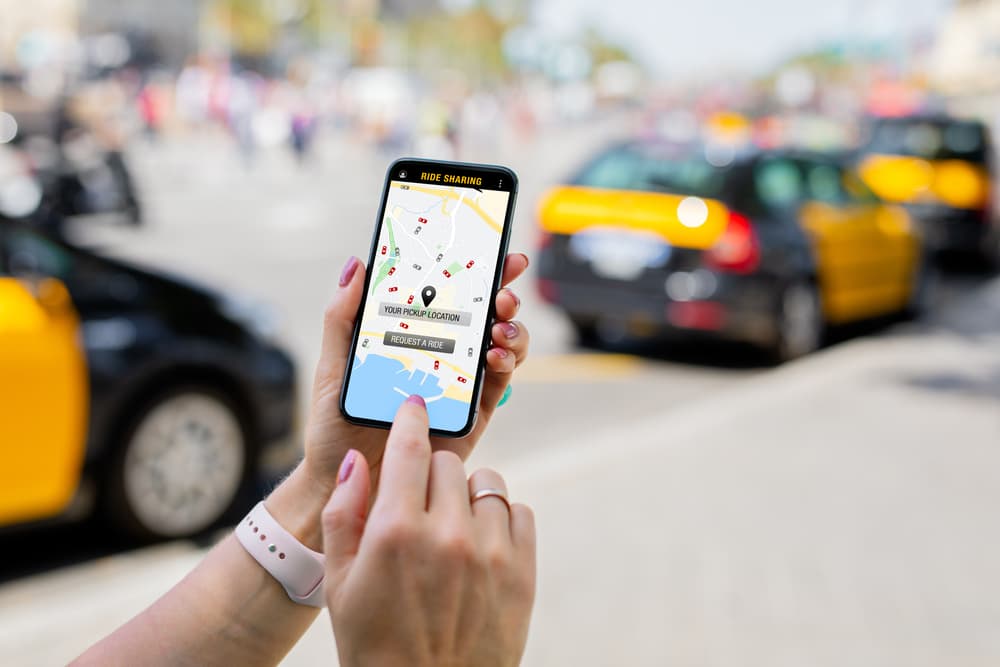
Unlike traditional taxi services, Uber operates on a gig economy model, and considers drivers independent contractors rather than employees. This distinction plays a role in determining liability after an accident.
Types of Uber Accidents
Uber accidents can occur in various scenarios:
- You're a passenger in an Uber vehicle that gets into an accident
- You're a driver or passenger in another car hit by an Uber driver
- You're a pedestrian or cyclist struck by an Uber vehicle
- You're an Uber driver involved in an accident
Each scenario can have different implications for liability, which we'll explore in detail.
Determining Liability in Uber Accidents
Liability in Uber accidents often depends on several factors. Let's examine the potential liable parties and the circumstances under which they might be held responsible.
1. The Uber Driver
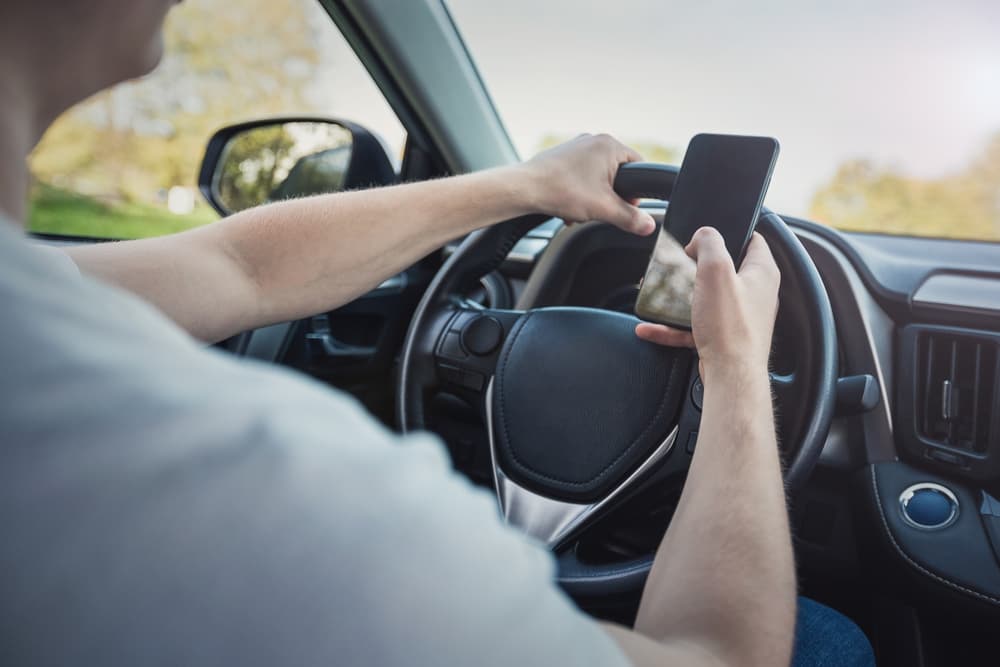
You can often hold Uber drivers liable for accidents. This is particularly true of negligent or reckless drivers who violate traffic laws.
Some examples of driver negligence include:
- Distracted driving (e.g., using a phone while driving)
- Speeding or aggressive driving
- Driving under the influence of drugs or alcohol
- Failing to obey traffic signals or signs
However, depending on the circumstances of the accident, the driver's liability auto insurance policy or Uber's insurance coverage may limit the payment you can expect to recover.
2. Uber (The Company)
Uber's liability in accident cases can be complex due to the independent contractor status of its drivers. However, in some situations you can hold Uber partially or fully liable:
- If Uber negligently hired, trained, or supervised the driver
- If known issues with the Uber app contributed to the accident
- During certain phases of the ride, as outlined in Uber's insurance policy (more on this later)
Uber has fought hard in courts to maintain the independent contractor status of its drivers, which can make it challenging to hold the company directly liable in some cases.
3. Other Drivers
If another driver contributed to the accident, you can hold them liable.
This might occur if:
- Another vehicle rear-ended the Uber you were riding in
- A driver ran a red light and hit the Uber
- Any other scenario where another driver's negligence caused the accident
In these cases, the at-fault driver's personal auto insurance provides the primary source of compensation.
4. Vehicle or Part Manufacturers
In some cases, a defect in the vehicle or one of its components might have contributed to the accident. If this is the case, the manufacturer of the defective part could be held liable under product liability laws.
5. Government Entities
Poor road conditions, malfunctioning traffic signals, or inadequate signage might occasionally contribute to an accident. In such cases, you can hold the government entity responsible for maintaining the roads liable.
Understanding Uber's Insurance Coverage
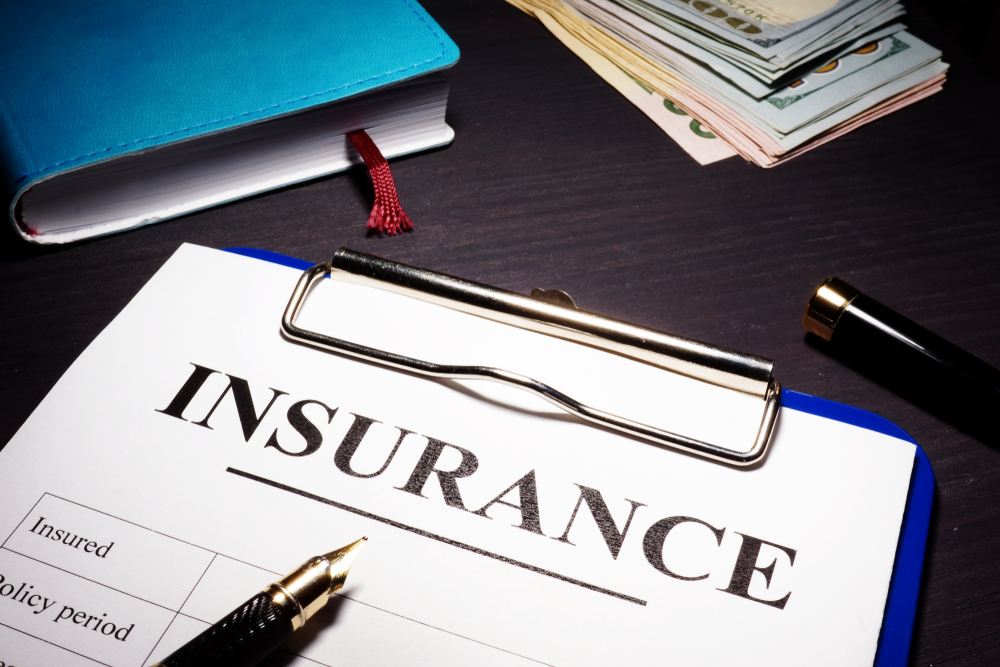
You must understand Uber's insurance policy when determining liability and potential compensation in an Uber accident. The coverage depends on the driver's status at the time of the accident:
1. App is Off
When the driver is not logged into the Uber app, only their personal auto insurance applies. Uber provides no coverage during this period.
2. Available and Waiting for a Ride Request
When the driver is logged into the app and waiting for a ride request, Uber provides limited liability coverage:
- $50,000 per person for bodily injury
- $100,000 per accident for bodily injury
- $25,000 per accident for property damage
This coverage is contingent, meaning it only applies if the driver's personal insurance doesn't cover the incident.
3. En Route to Pick Up a Passenger
Once a driver has accepted a ride request and is en route to pick up the passenger, Uber's entire insurance policy kicks in:
- $1 million third-party liability coverage
- Uninsured/underinsured motorist bodily injury coverage
- Contingent comprehensive and collision coverage (if the driver has such coverage on their personal auto insurance)
4. During the Trip
The same coverage from number three applies while the passenger is in the vehicle until the end of the trip in the app.
Understanding these periods determines what insurance coverage applies and who might be held liable in the event of an accident.
Steps to Take After an Uber Accident
You're in the right place if you are seeking answers after an Uber accident.
Here's what you should do:
- Follow Up on Medical Care: If you still need medical attention, do so immediately. You need a medical record for any future claims.
- Document Your Recollection: While the details remain fresh, write down everything you remember about the accident. Include the time, location, weather conditions, and other relevant details. This information can help later in the claims process.
- Gather Evidence: If you could take photos at the scene, compile them now. Also, write down the names and contact information of any witnesses or other parties involved if needed.
- Report the Accident: Report the accident to Uber through the app. This creates an official record of the incident. Also, report the accident to your own insurance company, but stick to the basic facts and avoid admitting fault.
- Preserve Evidence: Keep all documents related to the accident, including medical records, receipts for any expenses incurred due to the accident, and any communication from Uber or insurance companies.
- Avoid Social Media: Refrain from posting about the accident on social media platforms. Insurance companies may use your posts to dispute your claim.
- Don't Provide Statements: You may be contacted by insurance companies seeking a statement. Politely decline to provide detailed information or accept any settlement offers until you consult an attorney.
- Contact an Experienced Attorney: They can help you with the legal process, deal with insurance companies, and protect your rights.
- Start a Journal: Begin keeping a daily journal documenting your injuries, pain levels, treatments, and how the injuries are affecting your daily life. You can use this as evidence in your case.
- Calculate Immediate Losses: Gather information about any wages you've lost due to missing work and any other immediate expenses resulting from the accident.
At O'Connor, Acciani & Levy, we understand the stress you may be experiencing after an Uber accident. We're here to help you get the compensation you deserve. Don't hesitate to reach out to us. Let our experience work for you as we help you understand your rights and the best path forward.
Compensation You May Deserve
Every case is unique, and the amount of compensation can vary widely depending on the specific circumstances of your accident. Here's an overview of the damages you may be able to claim:
1. Medical Expenses
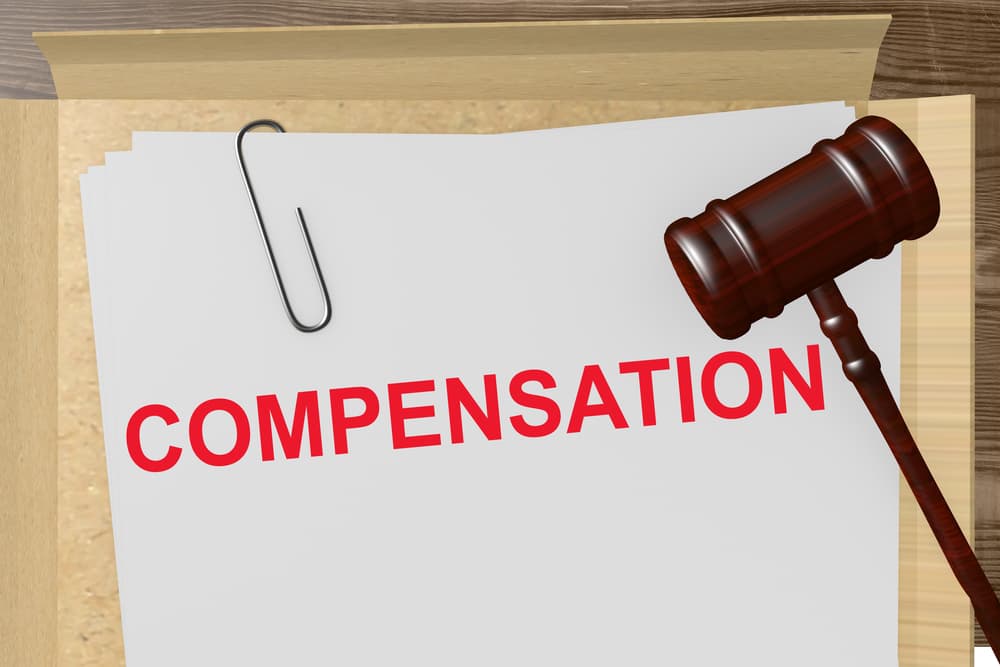
This is often the most significant component of an Uber accident claim. It can include:
- Emergency room visits
- Hospital stays
- Surgeries
- Doctor's appointments
- Prescription medications
- Physical therapy
- Medical equipment (like crutches or wheelchairs)
- Future medical expenses related to your injuries
Keep all medical records and bills to substantiate your claim.
2. Lost Wages
If your injuries cause you to miss work, you may recover compensation for lost wages. This can include:
- Salary or hourly wages you would have earned
- Lost business opportunities for self-employed individuals
- Reduced earning capacity if your injuries affect your ability to work in the future
Document any time missed from work and obtain a statement from your employer.
3. Pain and Suffering
This category of damages compensates you for the physical pain and emotional distress caused by the accident.
Factors that may influence pain and suffering damages include:
- The severity of your injuries
- The length of your recovery
- Any permanent effects of the injuries
- The impact on your daily life and activities
4. Loss of Enjoyment of Life
If your injuries have affected your ability to engage in hobbies, sports, or other activities you previously enjoyed, you may recover compensation for loss of enjoyment of life.
5. Property Damage
If the accident damages any of your personal property (such as your phone, laptop, or other valuables), you may claim compensation for repair or replacement.
6. Punitive Damages
In cases involving an at-fault party’s particularly reckless or egregious behavior, punitive damages come into play. These can significantly increase the overall compensation in some cases.
7. Loss of Consortium
In severe cases where the injuries have affected your relationship with your spouse, you may claim damages for loss of consortium.
8. Wrongful Death Damages
In the tragic event that a loved one has died as a result of an Uber accident, surviving family members may pursue a wrongful death claim.
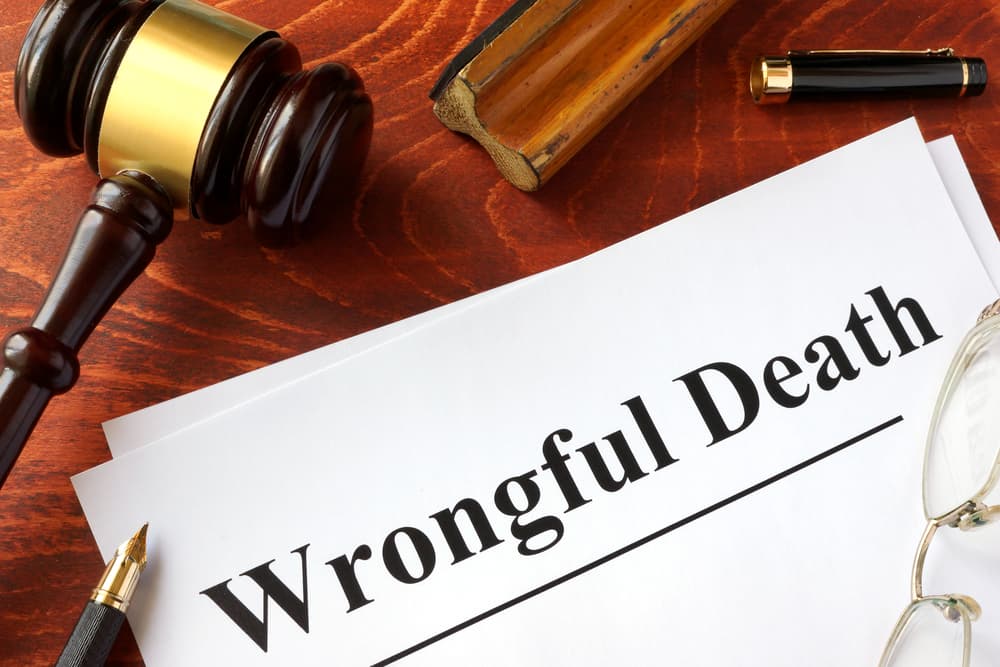
This can include compensation for:
- Funeral and burial expenses
- Loss of financial support
- Loss of companionship and guidance
The types and amounts of compensation available can vary depending on:
- The severity of your injuries
- The impact on your life and work
- The clarity of liability in the accident
- The insurance policies in effect
- The laws in your state
Additionally, there may be caps on certain types of damages in some jurisdictions.
Challenges in Uber Accident Cases
Uber accident cases can be challenging for several reasons:
Multiple Insurance Policies
Each insurer may try to shift responsibility to others, making it challenging to secure fair compensation.
Determining Fault
Establishing fault after an Uber accident can be challenging. The driver's status at the time of the accident (offline, waiting for a request, en route to a pickup, or during a trip) can significantly impact liability.
Independent Contractor Status
Uber's classification of drivers as independent contractors rather than employees can make it more challenging to hold the company directly responsible for accidents.
Statute of Limitations
Like all personal injury cases, Uber accident claims are subject to statutes of limitations. These vary by state but generally range from one to three years. Act fast to preserve your right to seek compensation.
How an Experienced Attorney Can Help
Here's how an experienced attorney can assist you:
- Investigating the Accident: An attorney can thoroughly investigate the accident, gathering evidence to support your claim.
- Determining Liability: They can accurately determine which parties may be liable for your injuries.
- Handling Insurance Policies: They can deal with the insurance companies involved, ensuring you don't settle for less than you deserve.
- Calculating Damages: An experienced attorney can help you understand the full extent of your damages, including current and future medical expenses, lost wages, pain and suffering, and more.
- Negotiating Settlements: Your attorney can negotiate with insurance companies and other parties on your behalf, striving to secure a fair settlement.
- Litigation: If the other side refuses a fair settlement, your attorney can represent you in court, fighting for your rights and fair compensation.
Schedule Your Free Consultation with a Car Accident Lawyer Today
At O'Connor, Acciani & Levy, we understand these complex claims and are committed to fighting for the rights of accident victims. If you get into an Uber accident, don't hesitate to contact us for a free consultation. Let us help you understand your rights and options.